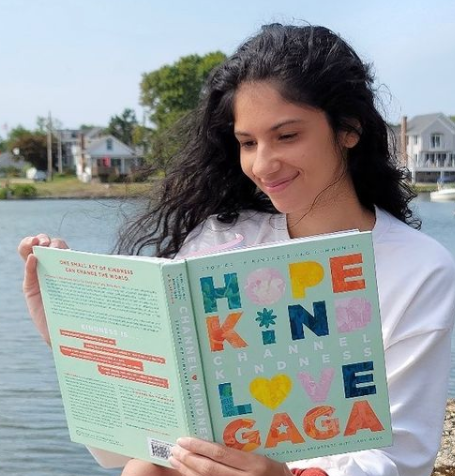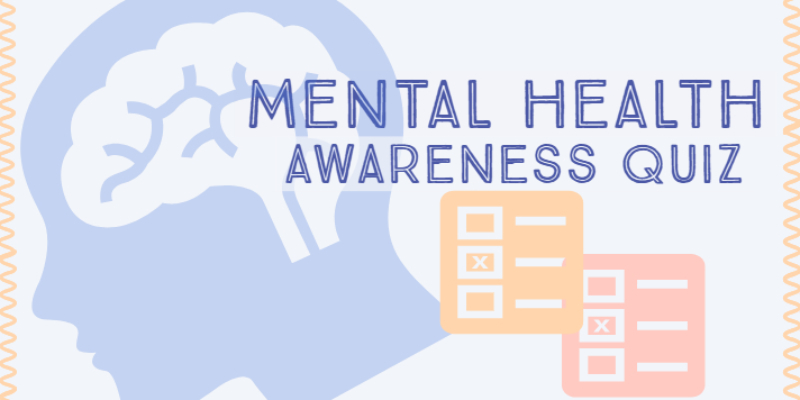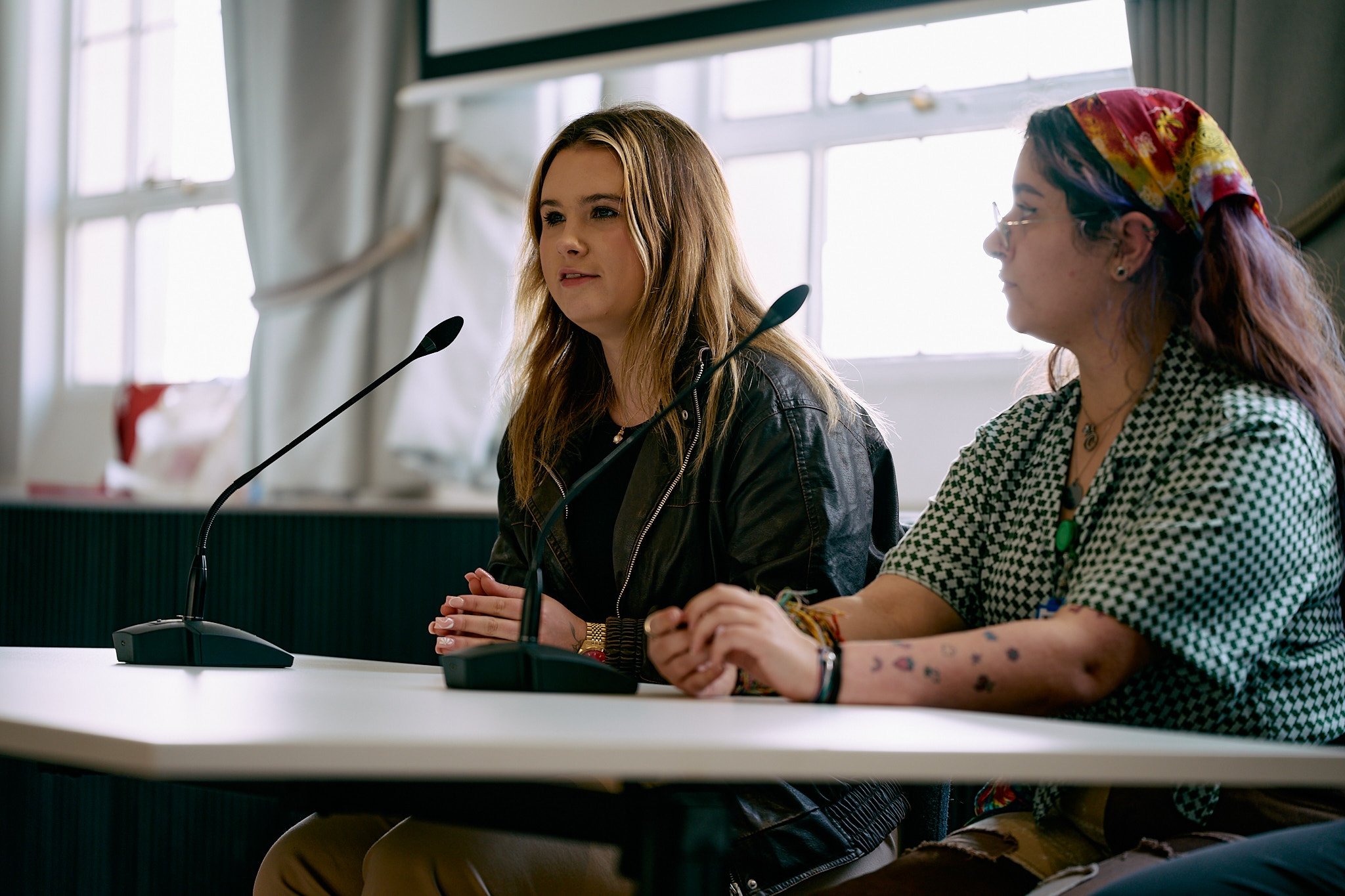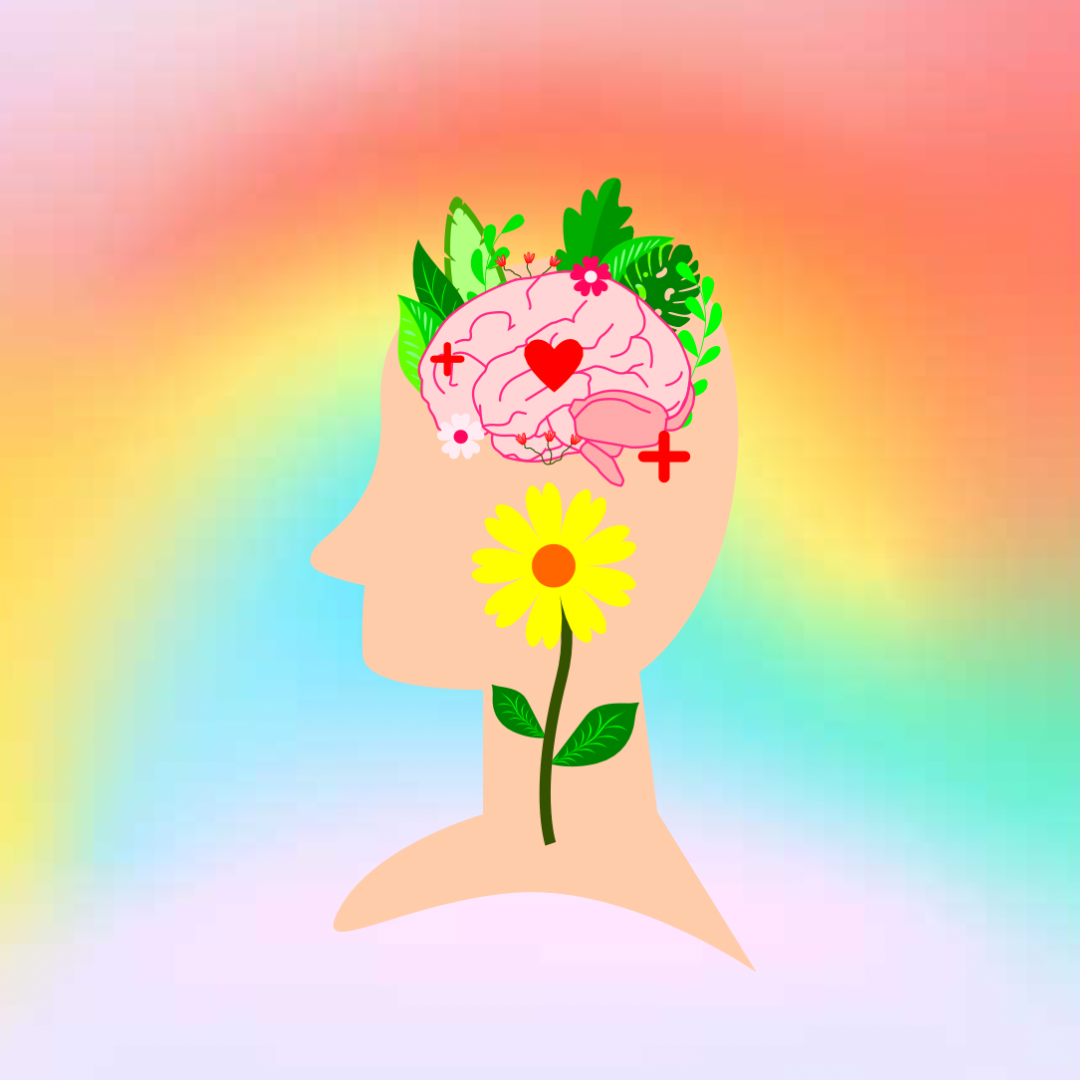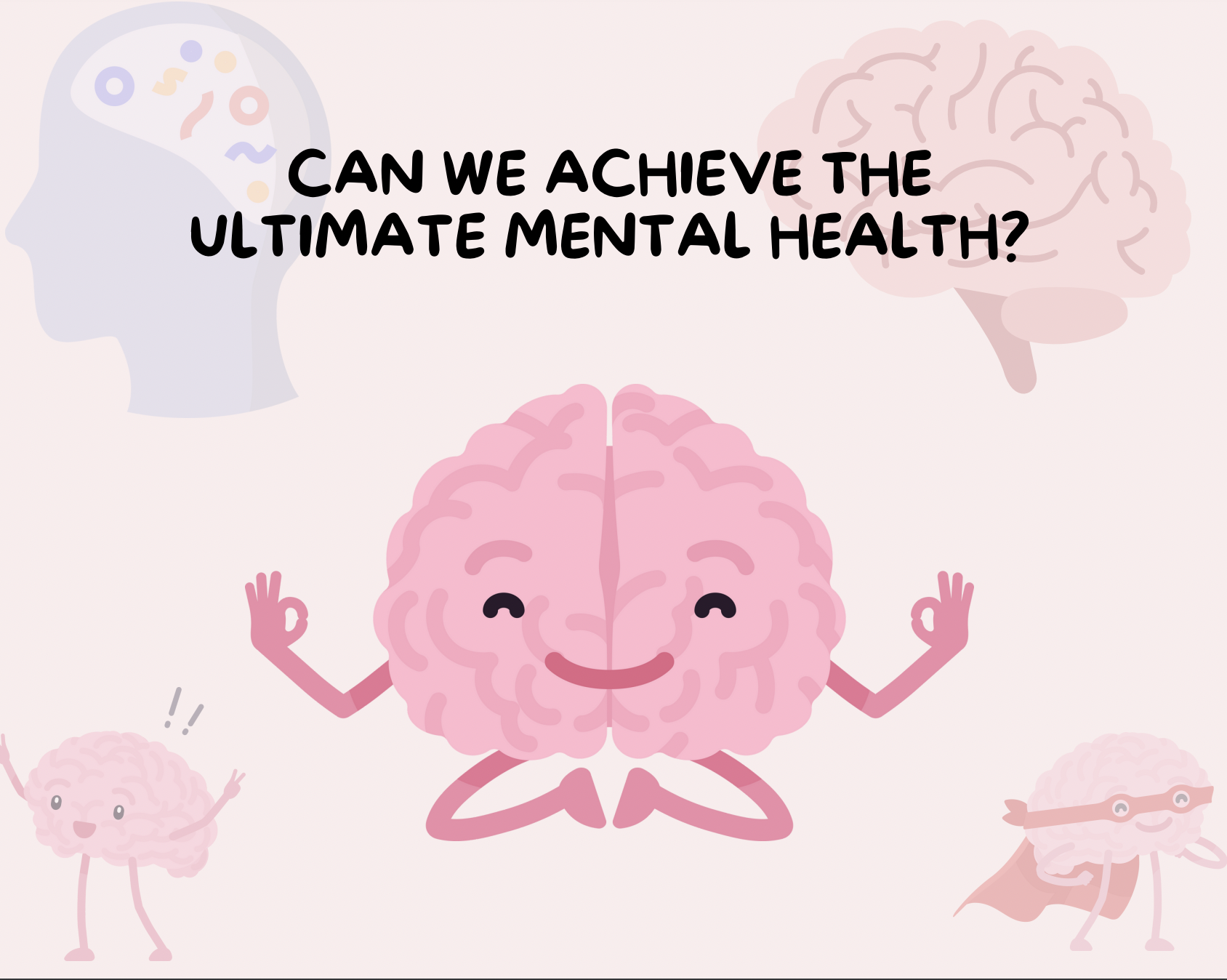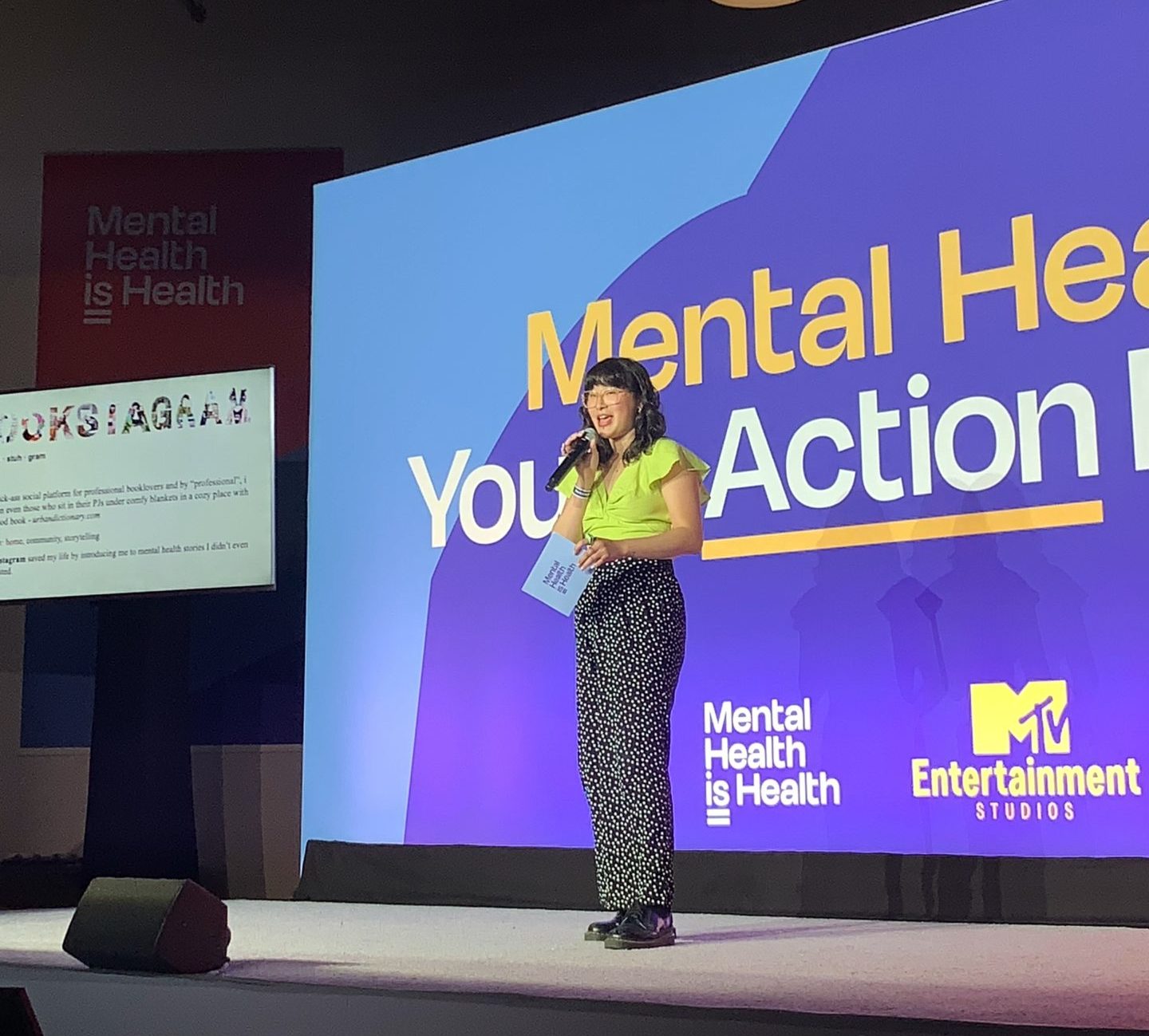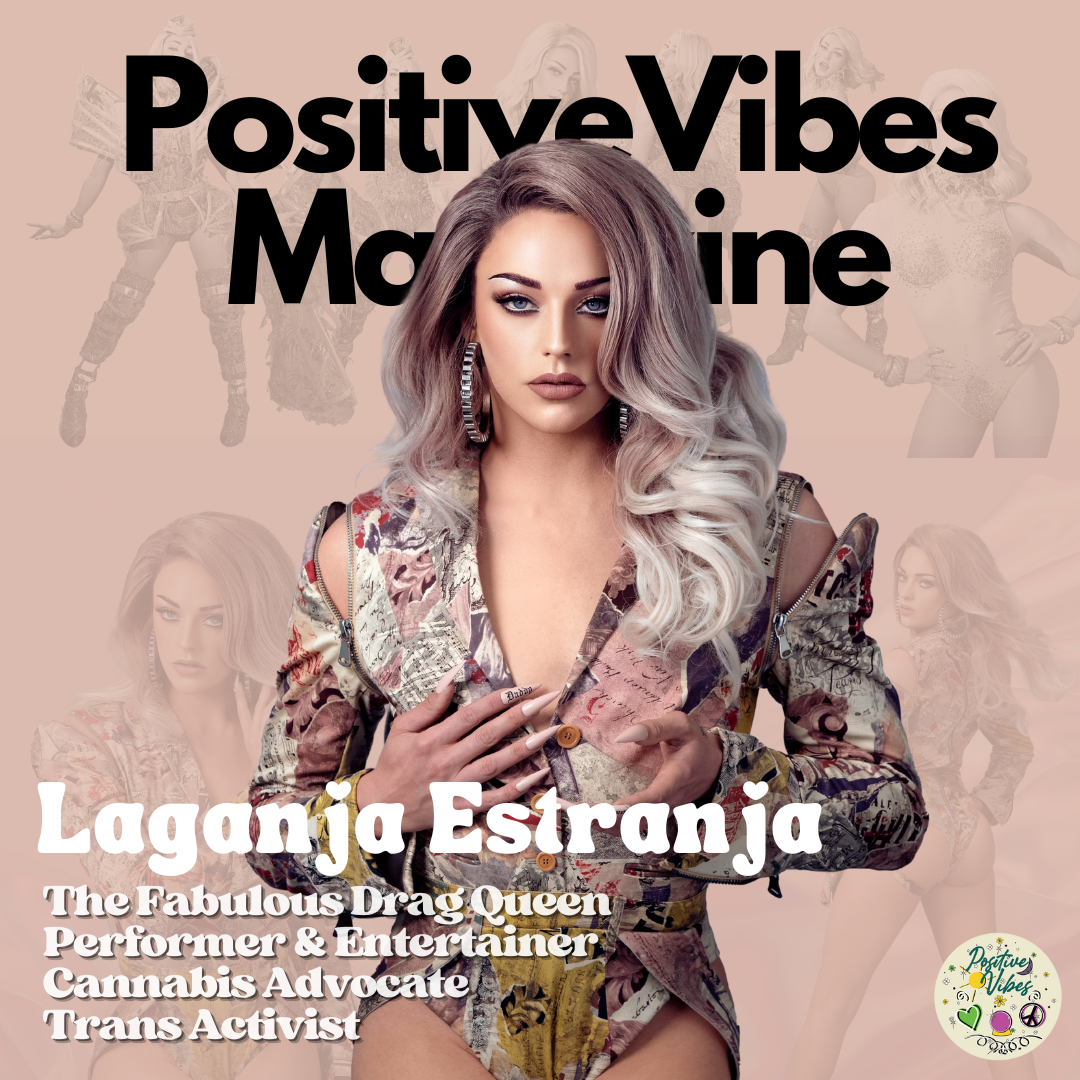It’s the last week of Mental Health Awareness Month, but how much do you really know about mental health conditions and how to help someone who has them?
Test your knowledge with this eight-question quiz, and maybe learn a little along the way!
*Disclaimer: This quiz is meant to be fun and informative on the topic of mental health. Just remember it is not a substitute for talking to a professional or a tool to diagnosis a mental health condition. Please enjoy, and for more information on resources and ways to learn more, see the end of the quiz.
According to the National Alliance of Mental Illness (NAMI), 1 in 5 teens have or will experience a serious mental health condition growing up. In fact, according to NAMI, 50% of all lifetime cases of mental health conditions begin by age 14. We all have off days, but a mental health condition is much more than that. Mental health conditions are very real and can affect your everyday life, your energy levels, your ability to socialize, and your interest in activities, among other things. This is why mental wellness is just as vital as physical wellness. The signs that someone is struggling may be missed or people with a mental health condition may feel ashamed or embarrassed, which can prevent them from seeking help. If you are experiencing mental health symptoms, please seek treatment as soon as possible. The earlier you talk to someone about how you're feeling, the sooner you can receive the help you need to start feel better.
According to research performed by Born This Way Foundation and Benenson Strategy Group, 74% of young people aged 15 to 24 are interested in taking a class or training program to prepare to help a friend facing a mental health crisis. According to research performed by Born This Way Foundation and Benenson Strategy Group, 79 percent of young people who said their communities were kind also had high mental health scores.
All of these answers are correct! There are multiple ways to help end the stigma. By being compassionate, empathetic, and understanding, you can encourage people experiencing a mental condition get the treatment they need. Online quizzes are not replacements for an actual doctor, and it’s important to remember that everyone experiences a mental health condition differently. If you think you are experiencing a mental health condition, please talk to an adult you trust as soon as possible. Remember, reaching out for help is never a weakness. Research has proven that Mental Health First Aid builds mental health literacy and helps the public identify, understand, and respond to signs of mental illness. Become a Mental Health First Aider today! Share your Results:What proportion of people aged 13 to 18 in the U.S. live with a serious mental health condition?

A mental health condition is:
 Adobe Cloud
Adobe Cloud
What is the average delay between the onset of mental health symptoms and intervention?
 Adobe Cloud
Adobe Cloud
True or False: The majority of young people are interested in taking a class or training program to prepare to help a friend facing a mental health crisis?
Young people aged 15 to 24 who describe their communities as kind are ______ likely to be mentally healthy than young people who don't.
Stigma is viewing a person in a negative way just because that person has a mental health condition. What are the ways in which you can help end the stigma?
What should someone do if they think they have a mental health condition?
Which statement about Mental Health First Aid is true?
Interested in taking a Mental Health First Aid course? #BeKindBeTheDifference and pledge to register for a training today!
Resources:
For more information about mental health conditions, please visit BTWF’s Get Help page, or take a look at the research BTWF conducted with Benenson Strategy Group. To learn how to fight the stigma or to talk to someone about how you’re feeling, please contact any of the organizations below:
National Alliance on Mental Illness: Nami.org/(1-800-950-6264)
National Alliance on Mental Health: Nimh.nih.gov/(1-866-415-8051)
Crisis Text Line: Crisistextline.org/(Text HOME TO 74174)




